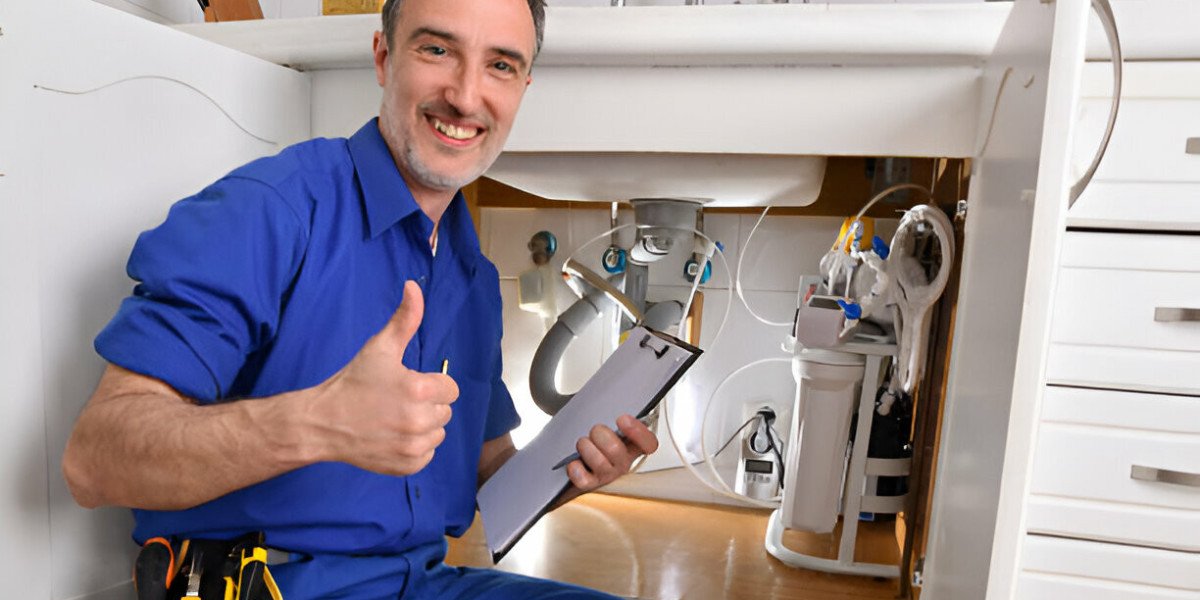Plumbing is an essential part of modern life, providing us with clean water, sanitation, and efficient waste disposal. While we often take plumbing for granted, it has a rich history and plays a crucial role in our daily lives. Here are five fascinating facts about plumbing that you might not know:
1. Plumbing Dates Back to Ancient Civilizations
The origins of plumbing can be traced back thousands of years. Ancient civilizations like the Greeks, Romans, and Egyptians developed early plumbing systems to manage water supply and waste disposal. The Romans, in particular, were renowned for their advanced plumbing systems, which included aqueducts, public baths, and intricate sewer systems. These innovations laid the foundation for modern plumbing practices.
2. The Word "Plumbing" Comes from Latin
The term "plumbing" is derived from the Latin word "plumbum," which means lead. This is because the ancient Romans used lead pipes for their plumbing systems. Lead was a popular material due to its malleability and durability, allowing plumbers to create complex and long-lasting water systems. While lead pipes are no longer used today due to health concerns, the legacy of the word remains.
3. The First Flushable Toilet Was Invented in 1596
While indoor plumbing has been around for centuries, the first flushable toilet was invented in 1596 by Sir John Harington, an English courtier and godson of Queen Elizabeth I. Harington's invention, known as the "Ajax," used a system of levers and valves to flush waste with water. Despite its innovation, the flushable toilet didn't gain widespread popularity until the 19th century when improvements in plumbing infrastructure made it more practical.
4. Modern Plumbing Saves Lives
Plumbing has had a profound impact on public health and sanitation. Access to clean water and proper waste disposal significantly reduces the risk of waterborne diseases such as cholera, dysentery, and typhoid. According to the World Health Organization, improved sanitation and safe drinking water are among the most effective measures for preventing infectious diseases. Modern plumbing systems play a crucial role in safeguarding public health and improving quality of life.
5. The Plumbing Industry Is a Major Employer
The plumbing industry is a significant contributor to the global economy, providing millions of jobs worldwide. Plumbers, pipefitters, and steamfitters are essential workers who ensure that our homes, businesses, and public facilities have safe and reliable water and waste systems. According to the U.S. Bureau of Labor Statistics, there were over 500,000 plumbers, pipefitters, and steamfitters employed in the United States alone in 2020. The demand for skilled plumbers continues to grow as cities expand and infrastructure ages.
Conclusion
Plumbing is more than just pipes and fixtures; it's a vital part of our history, health, and daily lives. From ancient innovations to modern advancements, plumbing has evolved significantly over the centuries, shaping the way we live today. Next time you turn on the tap or flush the toilet, take a moment to appreciate the intricate systems and skilled professionals that make it all possible.
TAGS: plumbing dallas







